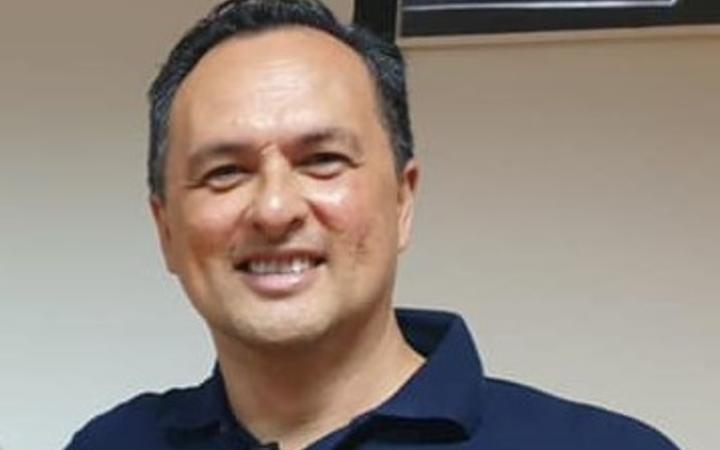Fiji Law Society condemns arrests
Tuesday 31 August 2021 | Written by RNZ | Published in Fiji, Regional

William Clarke. Photo: Supplied/Fiji Law Society
The Fiji Law Society says people cannot be arrested and detained just because of their dissenting opinions.
This follows the arrest and detention of former surgeon in the Ministry of Health Dr Jone Hawea last week.
Dr Hawea was taken from his Lautoka home during curfew (7pm-4am) last Tuesday.
He was questioned by police over comments he made about Covid-19 and the government's response.
Police had confirmed he was detained for 48 hours over alleged misinformation about Covid.
He was released on Thursday evening - 48 hours later. Under Fijian law, police could hold a suspect for up to 48 hours.
But the Fiji Law Society said it was concerned Dr Hawea's arrest followed the detention and questioning of Opposition MPs who expressed their views about the government's Covid response and the Land Bill last month.
The Society's president, Wylie Clarke, said freedom of expression is a cornerstone of every democracy.
"Dr Hawea, like every other person afforded protection under the Constitution, has the right to freely express his views as long as he does not commit an offence or breach another person's rights," Clarke said.
"We have previously expressed the strong view that the police must inspire public confidence by exercising their powers in a way that is fair and neutral and which respects the legal rights of others.
"Public confidence and support is the police's most important asset.
"The society is concerned that the police appear to believe that they have an unrestricted right to arrest and hold people for 48 hours.
They do not have that right or power, Clarke said.
The Attorney-General, Aiyaz Sayed-Khaiyum, said the arrest, detention and charging of people is made independently by police.
He said the law society should know there was a process and "you don't try and bypass the process".
"The charges are obviously reviewed by the DPP (Director of Public Prosecution) and it's an independent office," he said.
AG's duty is to uphold law - FLS
The Attorney-General has a special duty to uphold and defend the legal profession and the judiciary, says the Fiji Law Society.
In a statement issued yesterday, the FLS urged Aiyaz Sayed-Khaiyum "to take a more considered and professional public stance on court decisions with which he disagrees".
Clarke said Sayed-Khaiyum's recent criticism of lawyers (including those employed by his own department) for "not doing a good job" in the case of opposition Sodelpa MP Niko Nawaikula "is unedifying".
Nawaikula was asked to vacate his seat in July this year after Supervisor of Elections Mohammed Saneem said the name on his birth certificate was different from the name he had used on his voter registration.
The opposition Social Democratic Liberal Party parliamentarian took the matter to the Court of Disputed Returns.
Chief Justice Kamal Kumar ordered Nawaikula's reinstatement, saying the elections office's decision to remove his name from the National Register of Voters was unlawful.
Clarke said it was "inappropriate for a person whose office is, by tradition, regarded as leader of the legal profession in Fiji".
Clarke referred to the AG's comments, where he said lawyers "from both sides did not argue the constitutional case, that they did not look at the purpose behind the registration of one name and the impact it will have on the entire process and indeed on the incredibility of the electoral process".
Sayed-Khaiyum said the use of different names as a voter, and recognising aliases under old common law for elections purposes, could bring into question the validity of any election.
The FLS said last year the AG gave a news conference to attack the judgements of magistrates who upheld the rights of citizens charged with breaches of the national curfew.
"This, too, was out of order. All lawyers, including the attorney-general, are entitled to respectfully comment on court judgements with which they disagree."
Clarke said when done well, this keeps the public informed about the legal issues on which lawyers may have differences with courts.












































